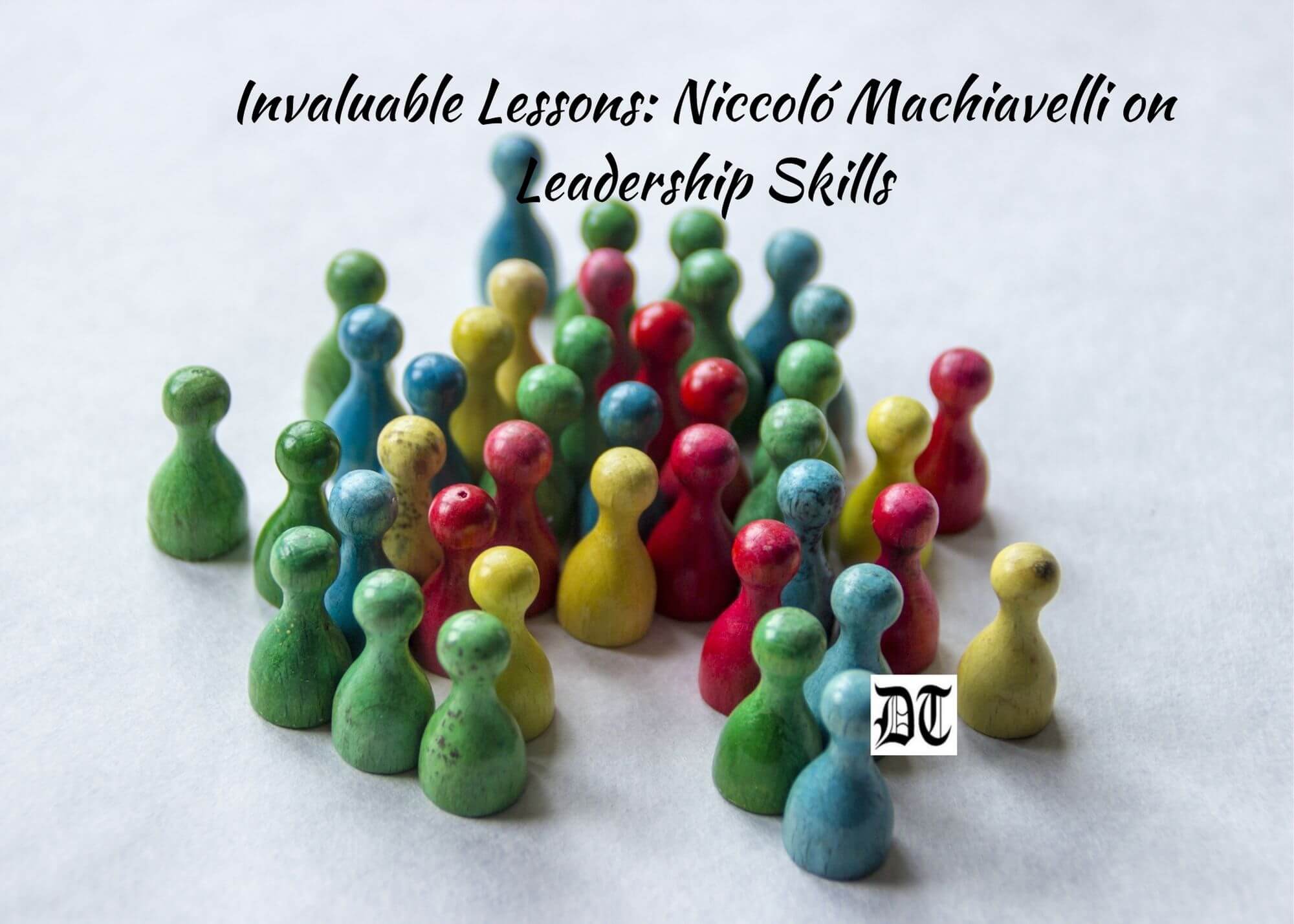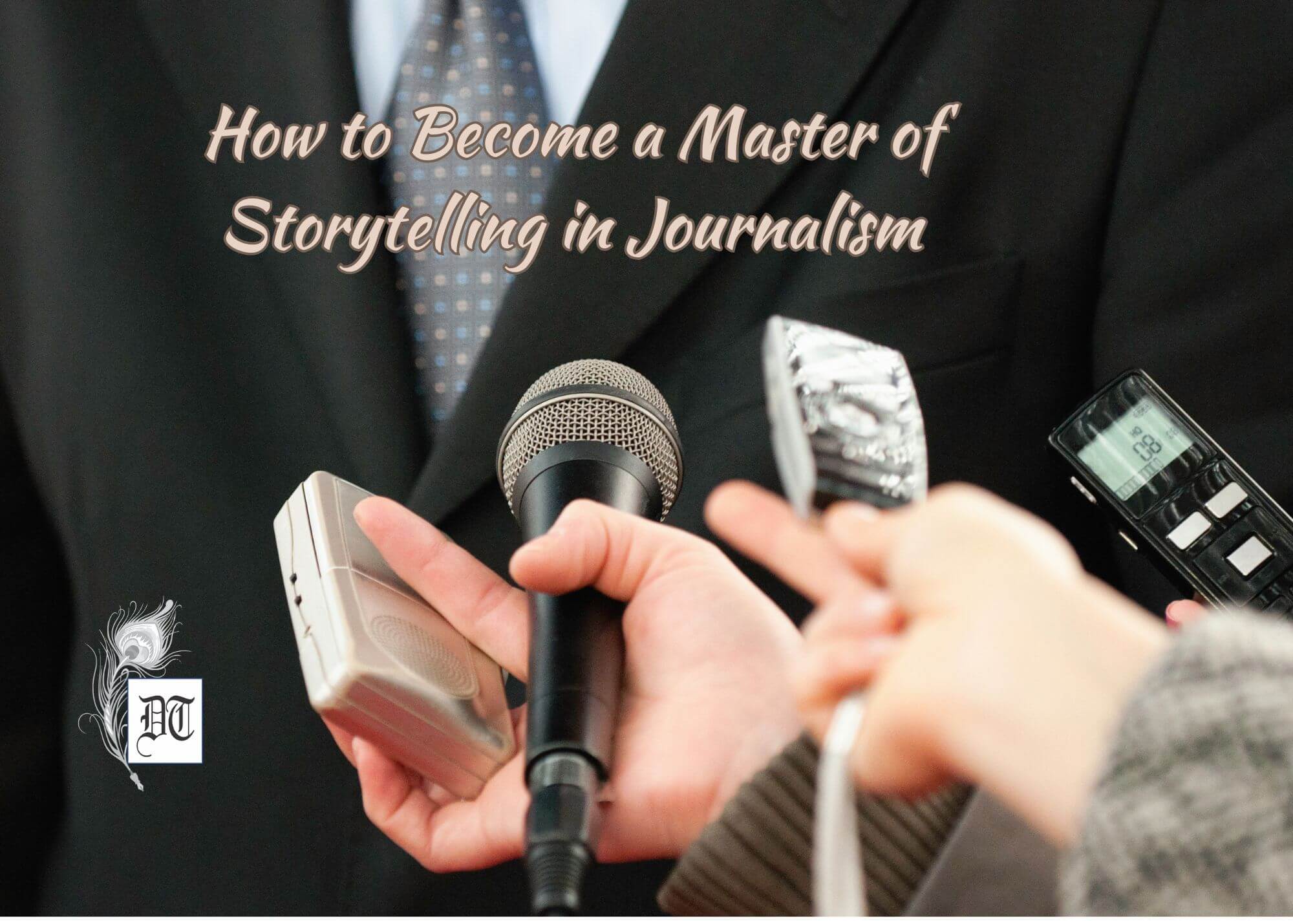Tabassum revisits Niccoló Machiavelli and picks up timeless wisdom on leadership skills for Different Truths.
There are so many wise people, down through the years, who have said things that – if we took them seriously – would support us to be better leaders. From these wise men’s writing, we can see or feel.
And as I ponder my thought on this as a person without a business studies background, I thought of one of the most accurate and pragmatic people of all time in terms of understanding reality and human nature and terms of strategic situations. Whether or not you are a fan of the politician, diplomat, philosopher, writer, and pragmatic Niccolò Machiavelli, he wrote many lines of truly timeless wisdom that directly support leaders’ efforts.
Here are some quotes:
On Leadership: There is nothing more challenging to take in hand, more perilous to conduct, or more uncertain in its success than to take the lead in introducing a new order of things.
On Strategy: No enterprise is more likely to succeed than one concealed from the enemy until it is ripe for execution.
On Authority: Authority, which is violently usurped, and not that which is conferred by the free suffrage of the people, is hurtful.
On Training: [The Wise Prince] never withdraws his thought from Training.
On Taking Smart Risks: Never was anything significant achieved without danger.
On Decision Making: It will always happen that in doubtful cases, where prompt resolution is required, there will be this indecision when weak men have to deliberate and resolve. Slow and dilatory deliberations are not less injurious than indecision, especially when you must decide in favour of an ally, for tardiness helps no one and generally injures yourself.
On Success: Nothing more challenging to take in hand, perilous to conduct, or uncertain in its success than to take the lead in introducing a new order of things. Whosoever desires constant success must change his conduct with the times.
On Power: When full power is conferred for any length of time (and I call a year or more a long time), it is always dangerous and will be productive of good or ill effects, according to those upon whom it is conferred are themselves good or bad.
On Intelligence: The first method for estimating the intelligence of a ruler is to look at the men he has around him.
On Policy: The one who adapts his policy to the times prospers, and likewise, the one whose policy clashes with the demands of the times does not.
On Confidence: When you disarm the people, you offend them and show that you distrust them either through cowardice or lack of confidence, and both of these opinions generate hatred.
On Business Reputation: The great majority of humanity are satisfied with appearances, as though they are realities, and are often even more influenced by the things that seem than by those that are.
On Negotiation: Princes that are attacked cannot then commit a more significant error, significantly when their assailant greatly exceeds them in power, than to refuse all accommodation, and more particularly when it has been offered; for no terms will ever be so hard but what they will afford some advantage to him who accepts them so that he obtains thereby a share of the victory.
On Advice: Danger arises when your advice has caused the many to be contravened.
On Reason: I think, and ever shall think, that it cannot be wrong to defend one’s opinions with arguments founded upon reason without force or authority.
I notice that the world offers nearly endless sources of inspiration and clarity every day. Information technology has made globalization more intense. One need not have a background in literature, philosophy, and logic to get access to the wise and brilliant minds of all times. We become enriched and resourceful when we see and observe the information. Or, in Machiavelli’s own words, “Men in general judge more by the eyes than by the hands, for everyone can see, but very few have to feel. Everybody sees what you appear to be, few feel what you are, and those few will not dare to oppose themselves to the many, who have the majesty of the state to defend them.”
I bid a very fond farewell for now until I see and feel or remember another wise man’s insights. Thank you, wishing you all a beautiful tomorrow.
Reference
Niccoló Machiavelli, The Discourses
Niccoló Machiavelli, The Prince.
Acknowledgement
http://www.constitution.org for downloading Machiavelli’s [PDF] “The Discourses”
Published on LinkedIn in 2015.
Picture design by Anumita Roy, Different Truths





 By
By
 By
By
